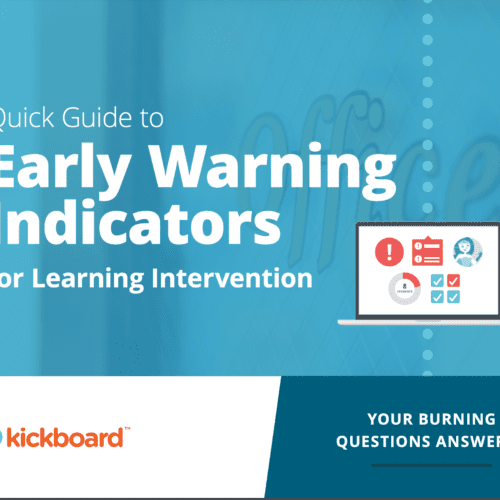 “On occasions when specialized personnel or additional personnel are needed to meet a tight schedule requirements, we can draw upon the resources of two other offices for assistance.”
“On occasions when specialized personnel or additional personnel are needed to meet a tight schedule requirements, we can draw upon the resources of two other offices for assistance.”
Can you easily understand that sentence or are all the words getting in the way? Wordiness is the flab on your writing’s bones. And it keeps your message from getting through to your readers.
The text in the example above could be trimmed to this:
“Our two branch offices can provide expert assistance that will keep your project on target and on deadline.” This new version is leaner, cleaner and has a lot more impact.
So, why does bloated writing happen? There are a few reasons:
- A desire to sound sophisticated or formal
- Nervousness or uncertainty about the clarity of the message
- Neglecting to review the piece for redundancies
- Attachment to particular phrases
- An attempt to make the work appear impressive or substantial.
Below are two word-trimming routines that can turn your written piece into a powerhouse.
1. Crunch That Padding
As you review your work, note redundant words and phrases. Delete the surplus words or rephrase your writing for conciseness.
Examples:
“Due to the fact that we have met our revenue goals” can be trimmed to “since we have met our revenue goals.”
“Dartmouth College, which is located in Hanover, N.H., is the smallest of the Ivy League colleges” can be rewritten as “located in Hanover, N.H., Dartmouth College is the smallest of the Ivy League colleges.”
Elements of Style includes a list of common expressions with unnecessary words that could be weighing down your writing.
2. Cut Back on Modifiers
Strong nouns and verbs work better than adjectives and adverbs. Relying on modifiers for the vigor in your message results in weaker text.
Take this example:
“Our new state-of-the-art widget is exceptionally efficient, working more swiftly than any other model on the market.”
The sentence uses adjectives and adverds, but it is not as striking as the version below.
“Our new LX5 widget handles projects five times faster than the OP4, the current market favorite.”
Conclusion
A few extra words may seem like no big deal, but they add up. When most of your sentences or paragraphs have “a little extra,” it slows the pace of your writing and buries your message. Don’t make readers search your text to find the substance. Cut through the excess for sleek text that holds attention and enthusiasm.
If you’d like to evaluate how good you are at writing concisely, check out this exercise.







